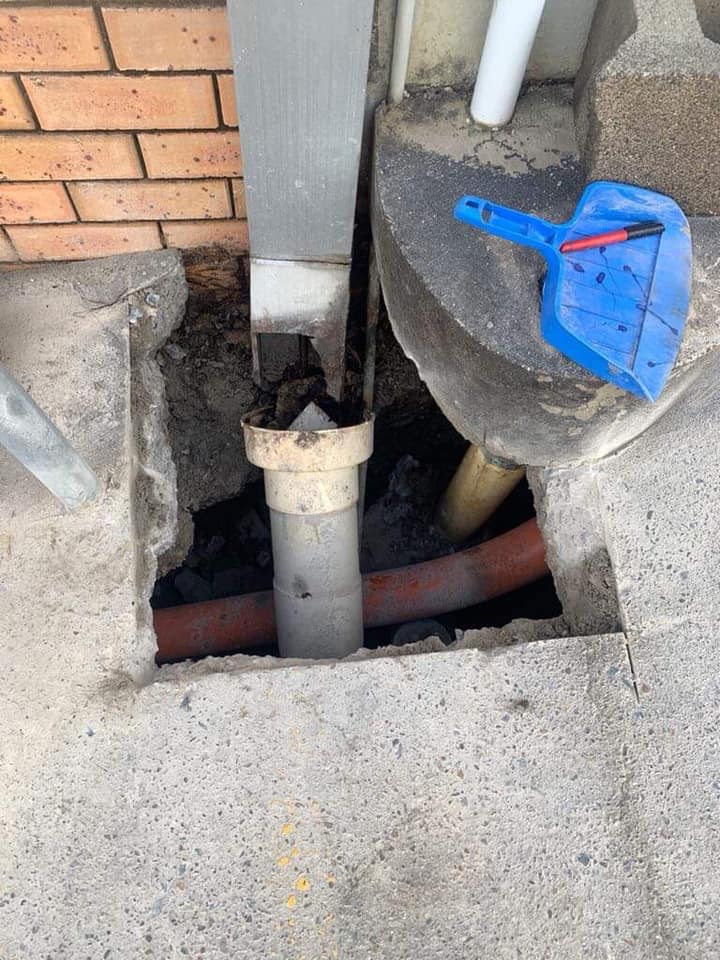Fast Responding Team With Local Experience
We Only Use Quality Materials

Home maintenance is often a dreaded topic among homeowners in Australia, as it typically implies additional expenses. However, it is an unavoidable reality, and plumbing maintenance, in particular, is crucial for the well-being of your home.
Plumbing systems are integral to every home, with pipes running through nearly every room and covering every inch of the property. Issues such as burst and leaking pipes are critical concerns that homeowners must address promptly and effectively.
A burst pipe in the wrong location can disrupt your water supply, either halting water flow or causing unwanted water accumulation. This can lead to unpleasant odours and stagnant water, which can further damage your property.
To prevent such issues, proactive measures are essential to keep your pipes in good condition. While some of these quick fixes may not offer a permanent solution, they can provide temporary relief until you can hire a professional burst pipe plumber to address the issue thoroughly.
Discovering a burst water pipe in your home can be stressful, but taking immediate action can help minimise damage and make the repair process smoother. Here’s some guidance to help you manage the situation effectively whilst you wait for a plumber:
By following these steps, you can mitigate the damage caused by a burst water pipe and ensure that your home’s plumbing system is repaired quickly and professionally. Remember, timely action and professional assistance are key to resolving plumbing emergencies effectively.
Temporary fixes are just that—temporary. To ensure a permanent solution, contact a professional burst pipe plumber as soon as possible. If you’re in the Ipswich or Brisbane area, you don’t have to worry. Simply call our number, and we will dispatch a team of experienced plumbers to address the situation promptly and efficiently.
Understanding the common causes of bursts and leaking pipes is essential for maintaining a healthy plumbing system. Here are some of the most frequent culprits:
By understanding these common causes and taking proactive measures, you can significantly reduce the risk of burst and leaking pipes in your home.
The first thing you should do is turn off the main water supply to prevent further water damage. Then, shut off any water heating systems, drain the remaining water from the faucets, and try to identify the leak. Apply a temporary fix if possible and contact Parker Plumbing immediately.
To prevent pipes from bursting in cold weather, insulate your pipes, especially those in unheated areas like basements, roof cavities, and garages. Keep a slow trickle of water running through pipes during extreme cold to prevent freezing. Additionally, ensure your home is properly heated and seal any drafts near pipes.
Common signs of a leaking or soon-to-burst pipe include unusual sounds like hissing or gurgling, water stains on walls or ceilings, damp or wet spots on floors, a sudden drop in water pressure, and an unexplained increase in your water bill.
The time required to repair a burst pipe can vary depending on the severity and location of the damage. Simple repairs might take a few hours, while more complex issues could take longer. A professional plumber will assess the situation and provide an estimated repair time once they arrive on site.
Homeowners’ insurance policies typically cover sudden and accidental water damage caused by burst pipes. However, coverage can vary, and some policies may exclude damage resulting from neglected maintenance or gradual leaks. It’s important to review your insurance policy and consult with your provider to understand your specific coverage.


